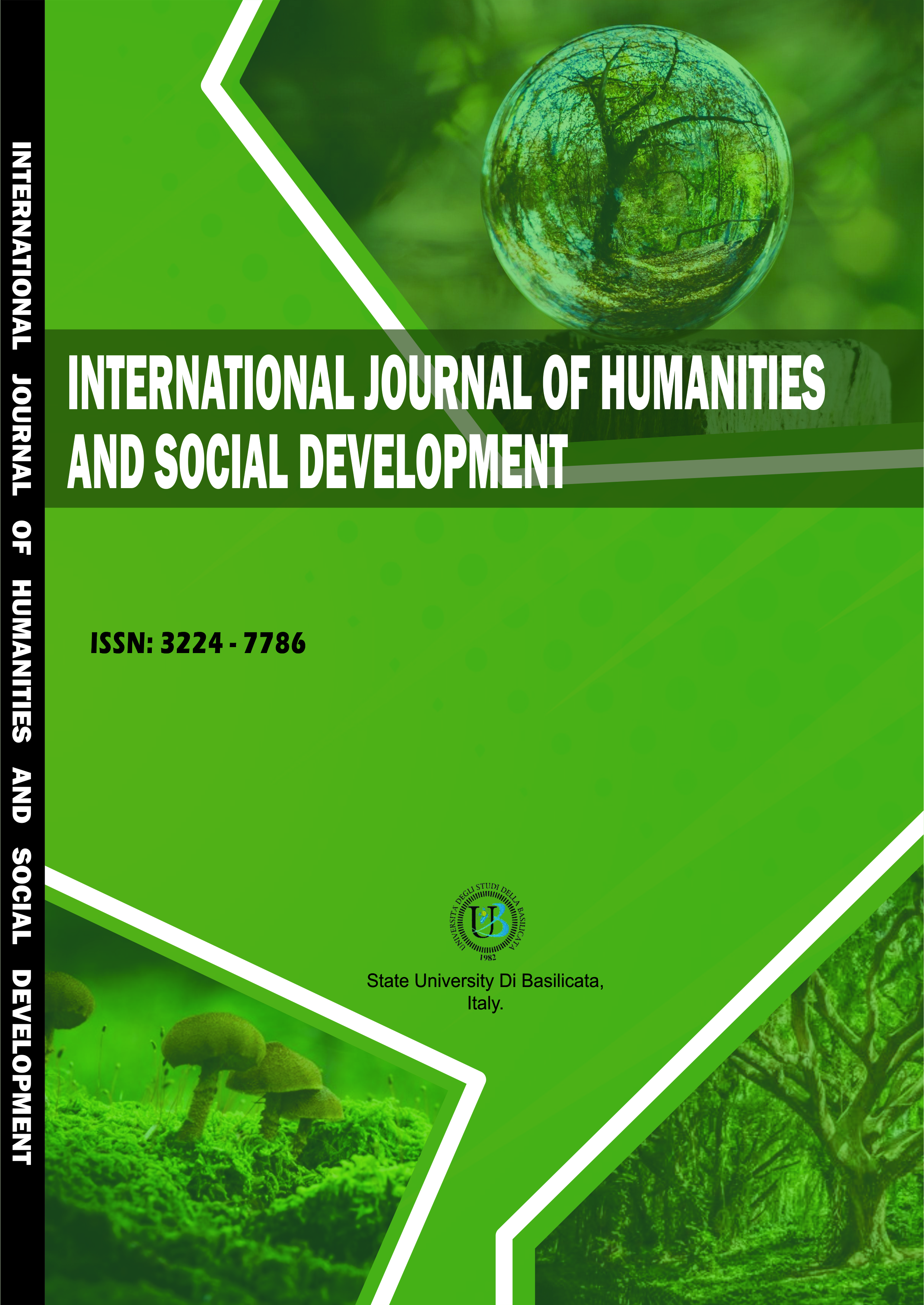INTERNATIONAL JOURNAL OF HUMANITIES AND SOCIAL DEVELOPMENT (IJHSD)
THE IMPORTANCE OF READING FLUENCY AND ITS ASSESSMENT THROUGH SILENT READING
E-ISSN: 2133 - 3762
P-ISSN: 3224 - 7786
DOI: https://iigdpublishers.com/journals/138
The goal of this study was to explore the relationship between oral and silent reading fluency, especially when silent fluency is measured both through printed or digital format. Further, we aimed at investigating whether the relationship between reading fluency and reading comprehension varies depending on the way fluency is measured. 28 students attending 3rd grade of High School participated in the study. All participants were typical readers. Based on the data analysis, it was revealed that no significant differences were observed in silent reading fluency regardless the way the assessment was conducted, through printed or digital format. Moreover, it was found that there is a positive correlation between silent reading fluency and reading comprehension but not between oral reading fluency and reading comprehension. It is underlined that the strongest correlation between silent fluency and reading comprehension involved the digital measurement of reading fluency. Based on our primary findings, is it suggested that reading fluency assessment can be integrated in everyday school practices through modern, digital, time-efficient ways.
NIKOLETA SPENDA & ANGELOS SANDRAVELIS
Agiomavritis, M. (2021). Digital online application of measurement Silent Reading Fluency.Antoniou, F. &Padeliadu, S. (under standardization). Silent Reading Fluency Test (SRFT).
Ben-Yehudah, G., Hautala, J., Padeliadu, S., Antoniou, F., Petrova, Z., Leppanen, P. & Barzillai, M. (2018). Chapter 5.Affordances and challenges of digital reading for individuals with different learning profiles. In M. Barzillai, J. Thomson, S. Schroeder & P. van den Broek (Eds.), Learning to Read in a Digital World (pp. 121-140). John Benjamins Publishing Company. https://doi.org/10.1075/swll.17.05ben
Ciuffo, M., Myers, J., Ingrassia, M., Milanese, A., Venuti, M., Alquino, A., Baradello, A., Stella, G., & Gagliano, A. (2017). How fast can we read in the mind? Developmental trajectories of silent reading fluency. Reading and Writing, 30, 1667–1686. https://doi.org/10.1007/s11145-017-9744-2
Deeney, T. A. (2010). One-Minute Fluency Measures Mixed Messages in Assessment and Instruction. The Reading Teacher, 63, 440-450. https://doi.org/10.1598/RT.63.6.1
Denton, C., Barth, A.E., Fletcher, J., Wexler, J., Vaughn, S., Cirino, P., Romain, M.A., & Francis, D. (2011). The Relations Among Oral and Silent Reading Fluency and Comprehension in Middle School: Implications for Identification and Instruction of Students With Reading Difficulties. Scientific Studies of Reading, 15, 109 - 135. https://doi.org/10.1080/10888431003623546
